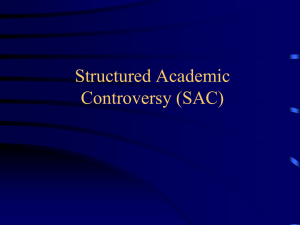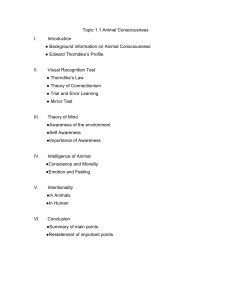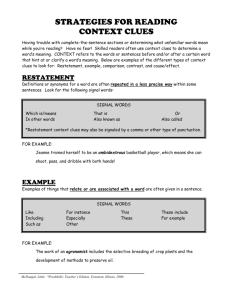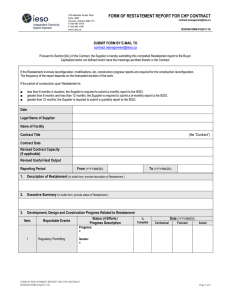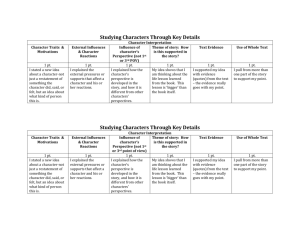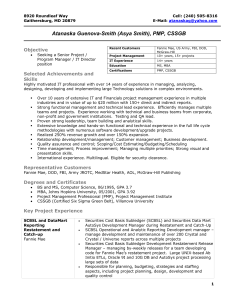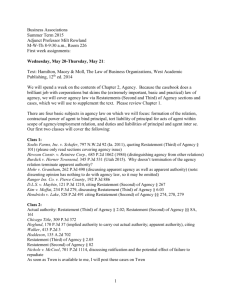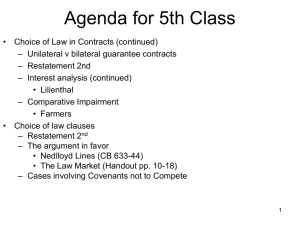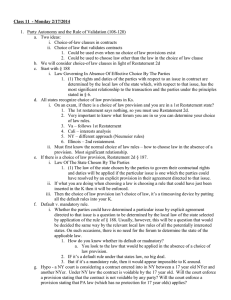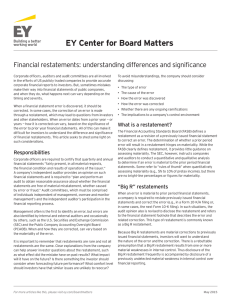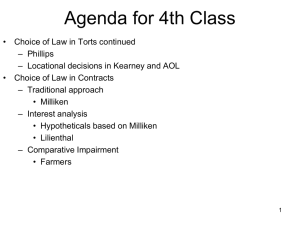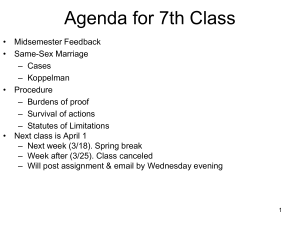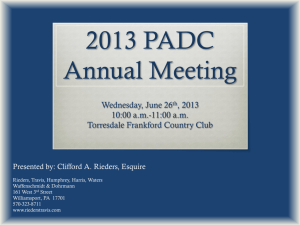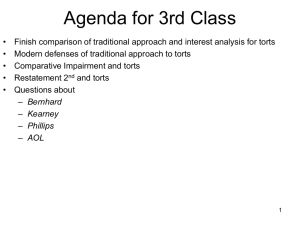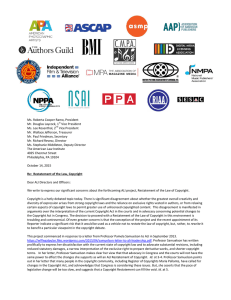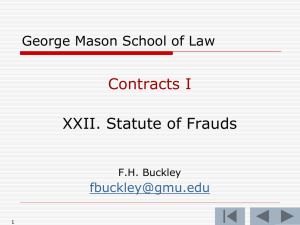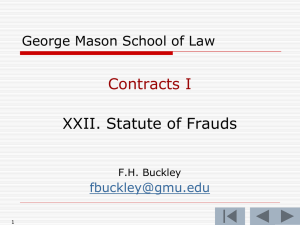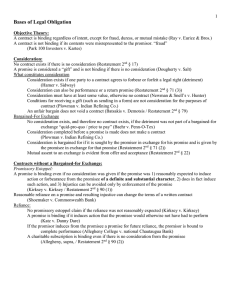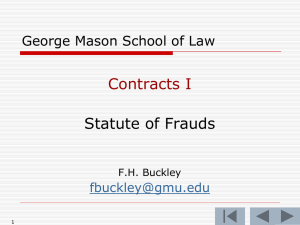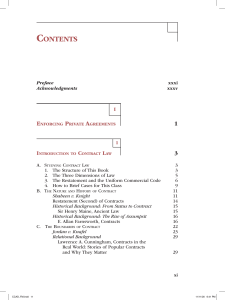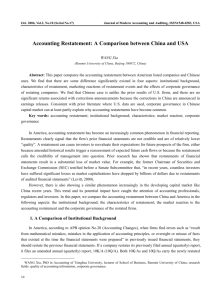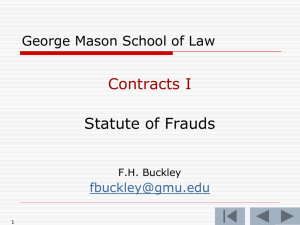What is Summary?
advertisement
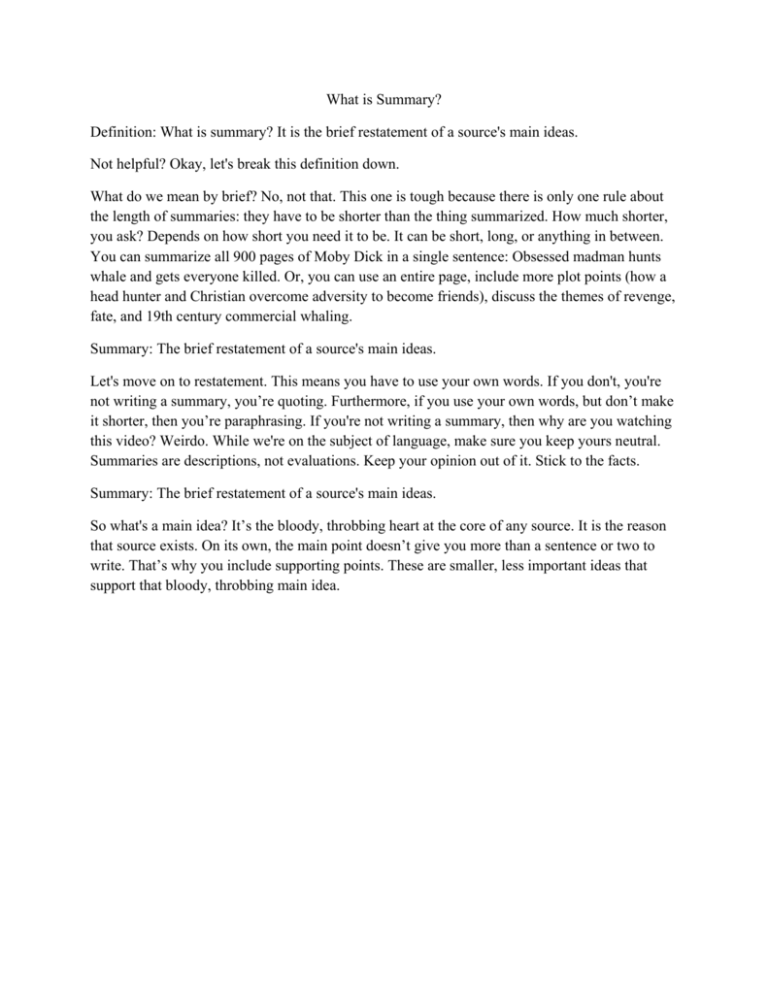
What is Summary? Definition: What is summary? It is the brief restatement of a source's main ideas. Not helpful? Okay, let's break this definition down. What do we mean by brief? No, not that. This one is tough because there is only one rule about the length of summaries: they have to be shorter than the thing summarized. How much shorter, you ask? Depends on how short you need it to be. It can be short, long, or anything in between. You can summarize all 900 pages of Moby Dick in a single sentence: Obsessed madman hunts whale and gets everyone killed. Or, you can use an entire page, include more plot points (how a head hunter and Christian overcome adversity to become friends), discuss the themes of revenge, fate, and 19th century commercial whaling. Summary: The brief restatement of a source's main ideas. Let's move on to restatement. This means you have to use your own words. If you don't, you're not writing a summary, you’re quoting. Furthermore, if you use your own words, but don’t make it shorter, then you’re paraphrasing. If you're not writing a summary, then why are you watching this video? Weirdo. While we're on the subject of language, make sure you keep yours neutral. Summaries are descriptions, not evaluations. Keep your opinion out of it. Stick to the facts. Summary: The brief restatement of a source's main ideas. So what's a main idea? It’s the bloody, throbbing heart at the core of any source. It is the reason that source exists. On its own, the main point doesn’t give you more than a sentence or two to write. That’s why you include supporting points. These are smaller, less important ideas that support that bloody, throbbing main idea.
